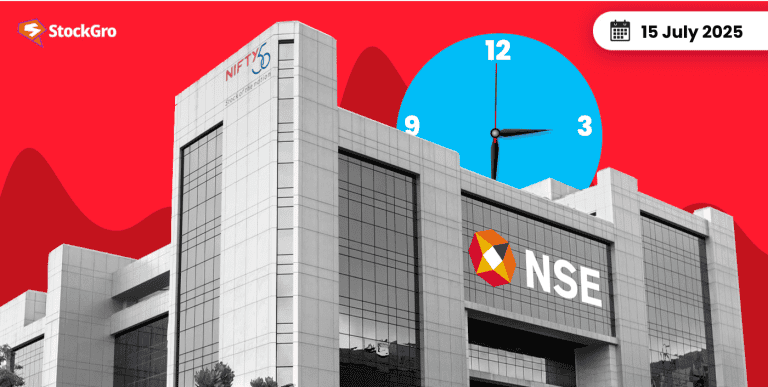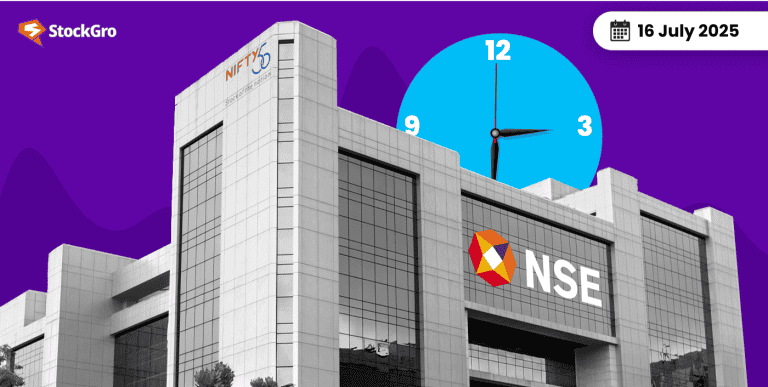
On July 10, 2025, Glenmark Pharmaceuticals struck one of the largest licensing deals in Indian biotech history. The deal involves their investigational cancer treatment, ISB 2001, being licensed to US-based AbbVie for an upfront payment of $700 million. This agreement could generate an additional $1.225 billion in milestone payments, depending on the clinical trial progress. The deal’s long-term financial benefits are significant, especially for the growing Indian pharma sector, making it a noteworthy moment for Glenmark and the Indian biotech industry.
The Deal That Could Reshape Indian Biotech
ISB 2001, a treatment for relapsed or refractory multiple myeloma, is developed by Glenmark’s subsidiary Ichnos Glenmark Innovation (IGI). It’s currently in Phase 1B clinical trials across the US, Europe, and Australia, showing promising results. With a 79% overall response rate in early-stage trials, the drug has attracted significant interest from major pharmaceutical players like AbbVie.
Under the agreement, AbbVie will take the lead in the development, manufacturing, and commercialisation of ISB 2001 in key markets, including the US, Europe, Japan, and China. Glenmark, on the other hand, will retain commercial rights in emerging markets such as parts of Asia, Latin America, the Middle East, and Africa. This division of responsibilities not only reduces Glenmark’s risk but also allows the company to tap into high-growth regions.
You may also read: Ola Electric Share Price Jumps 17% Despite ₹428 Cr Loss — What’s Driving Investor Optimism?
What’s at Stake for Glenmark’s Future?
The immediate benefit for Glenmark is the $700 million upfront payment, which bolsters the company’s financial position. The long-term upside is even more substantial, with double-digit royalty payments expected as ISB 2001 progresses through clinical trials and commercialization. Glenmark could receive royalties of 10% of AbbVie’s sales of the drug, which could potentially generate between $300 million and $500 million annually. This amount already exceeds Glenmark’s current annual EBITDA of ₹2,832 crore (approx. $283 million).
Let’s break this down in a table for clearer understanding:
| Metric | Value |
| Upfront Payment (Glenmark) | $700 million (₹6,000 crore) |
| Potential Milestone Payments | $1.225 billion |
| Royalty Potential | Estimated $300 million – $500 million annually (10% of sales) |
| Glenmark’s Annual EBITDA (FY25) | ₹2,832 crore ($283 million) |
| Projected Global Market for Myeloma Therapies (2030) | $33 billion |
| AbbVie’s Expected Peak Sales for ISB 2001 | $3 billion – $5 billion |
| Glenmark’s Market Capitalisation | ₹61,370.21 crore |
| Glenmark’s FY25 Revenue | ₹13,322 crore |
| Glenmark’s FY25 Net Profit | ₹1,047 crore |
| IGI’s Annual R&D Spend (Needs) | $70 million annually |
| Glenmark’s Net Debt | ₹400 crore |
As shown above, Glenmark’s revenue potential is set to rise significantly, driven by both the upfront payment and royalties, while its R&D arm IGI gets a much-needed financial boost.
Building a Foundation For Future Innovation
This deal does more than provide financial security; it gives Glenmark’s R&D arm, IGI, a steady stream of revenue to develop more assets. The funds will help IGI become self-sustaining for the next 3-4 years, allowing the company to focus on building its pipeline without depending on external funding. Glenmark is strategically managing the capital it receives, with CEO Glenn Saldanha emphasising the need to deploy the funds carefully to avoid setbacks in future years.
You may also like: Anthem Biosciences IPO: All You Need to Know About
What’s Next For Indian Pharma?
The AbbVie deal is a game-changer not only for Glenmark but for Indian pharma as a whole. It showcases that Indian companies are now developing innovative drugs that can compete with global pharma giants. This shift is critical for India’s position in the global pharmaceutical landscape.
The Road Ahead
Looking further down the road, Glenmark may consider taking IGI public in the future to unlock even more value for shareholders. However, the company remains focused on its long-term strategy, aiming for steady, cautious growth. Investors are eagerly awaiting updates on how the upfront capital is spent and the progress of ISB 2001’s clinical trials.
Also read: TCS Q1 Results: Reports 3% Revenue Drop – First YoY Decline Since FY21
Conclusion
The deal with AbbVie marks a pivotal moment for Glenmark and the Indian pharma industry as a whole. It demonstrates that Indian companies can now develop original, cutting-edge therapies that attract global attention. By securing both immediate and long-term financial benefits, Glenmark has set a new benchmark for Indian pharmaceutical companies, inspiring others to follow suit and invest more in R&D.

